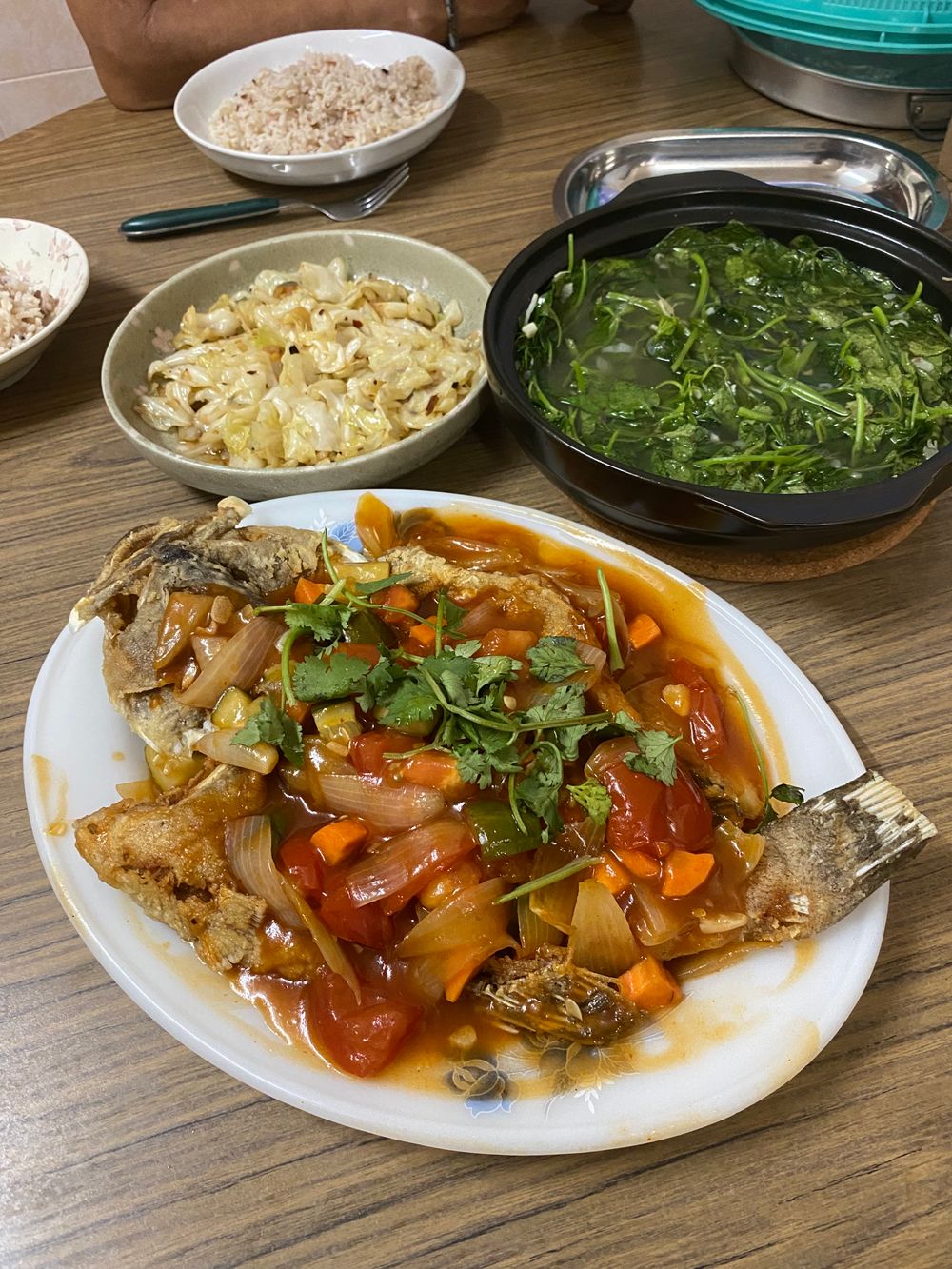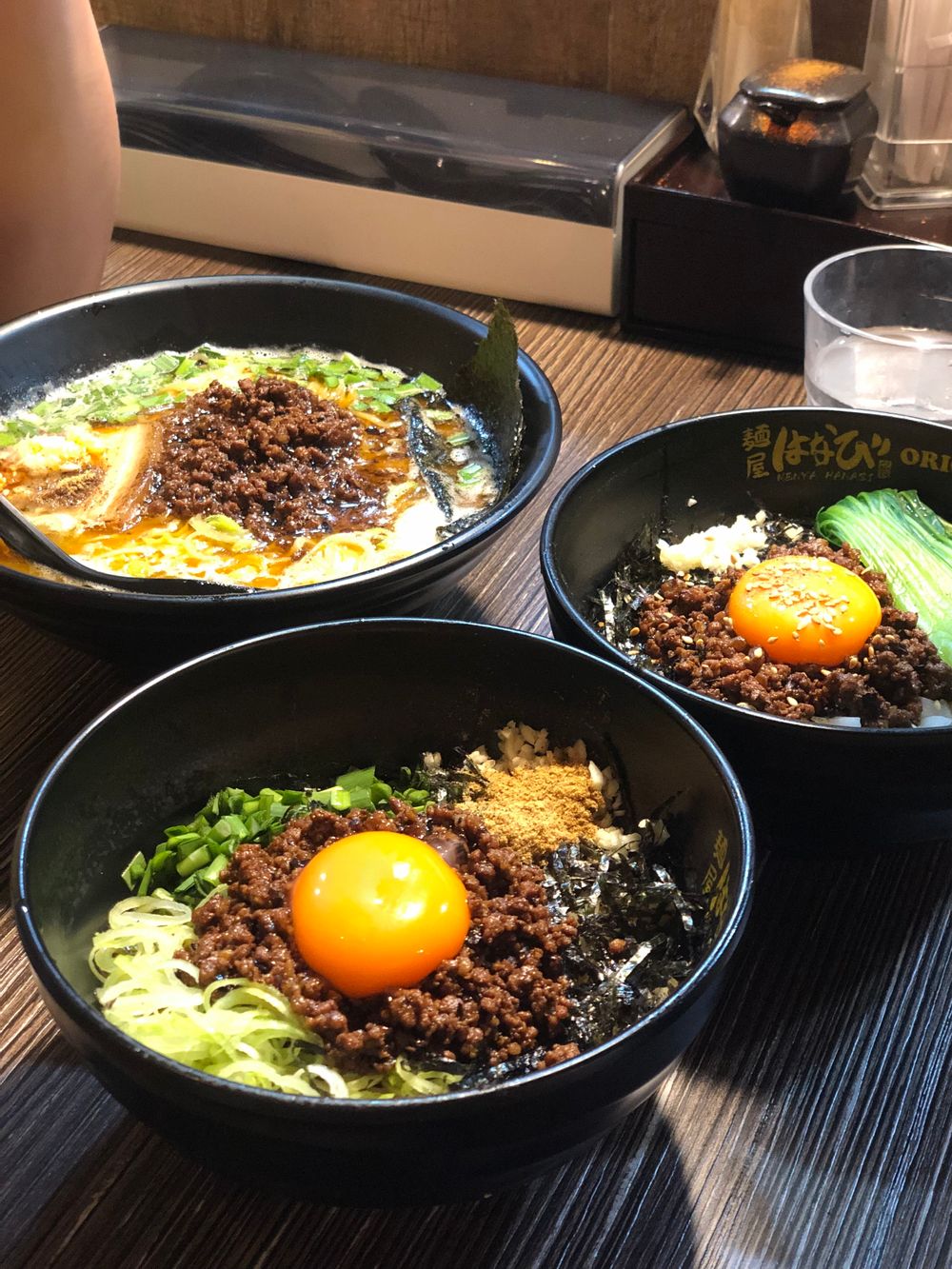“Tyrone, did you just use a picture of ramen bowls to talk about personal finance?”
Yes, I did. And for many Malaysians, I’m quite certain they can relate and they probably know what I’m going to talk about.

Saw this comment on Reddit earlier today about personal finance on the r/MalaysianPF subreddit.
“It is never about how much you earn, it is more of how much you can save.”, that was what the Redditor basically said.
So what do you guys think? Personally I think they were half right. Actually I might as well say they were actually right. But I would usually word it differently.
Perhaps you shouldn’t take it from me, since I’m just a random working professional living in KL, with no known merit about personal finance.
However if you’re still reading, you’re probably interested in what I’m going to say. I’m known among my close friends to live quite frugal anyway. I could spend less than RM2,000 a month in KL while having no income for almost 2 years. That was before Tower Quest released. I wasn’t living the best life, but I personally did not feel poor at all.
If it were me, I would word it this way: “It is always about how much you (or your household) earn, as well as how your (or your family’s) lifestyle “fits” in that amount of earnings.”
To me, the key is to maximize one’s earnings while still being comfortable, and be consistent in the lifestyle one has chosen to stick to.

“Maximizing earnings while still being comfortable” kind of speaks for itself. For late-20s like me, we know there is still a long journey ahead, and we should always strive to earn more. This is exactly why I do not agree with “It is never about how much you earn, it is more of how much you can save.”
I understand that the Redditor did not mean that we should never earn more. But bare with me, I think terminologies are important. The right terminologies affect our mindsets. The right terminologies also cause less confusion. Using the right words change what we think, and also is generally more agreeable because of less confusion.
For people who are still productive, and still learning something new everyday, especially a late-20s like me, emphasizing on “savings” but not “earnings” is hyper pessimistic - there is still so much potential! So much room for growth! I’m not settling down for RM6,000 (not my real salary) for the rest of my life, please.
“Earning” will always be the top priority, provided it still fits in the kind of lifestyle we’re comfortable with.

Now the lifestyle. This is where the food comes in.
In Malaysia, getting food is generally cheap. Eating out, having in, we have a lot of flexibility and choices. This flexibility is why food is very interlinked to personal finance in Malaysia. In most developed countries in the West, eating out is generally expensive, therefore cooking at home is more common - there is less flexibility. In Malaysia, we could choose to spend RM500 on food per month by eating out everyday in the lowest tier of restaurants, or spend RM3,000 or even more by eating in everyday with the best imported ingredients you can find in the supermarket. Notice that we could eat out cheaper than homecook in Malaysia? This isn’t common in many Western countries!
Having a lifestyle that “fits” does not mean we must “save”. In fact, I would say I do not emphasize on saving at all. I leave aside a sum of money in savings and investments (it’s more than 50% of my salary lol, I’m not selling this while only putting in 1%), but that’s it.
When I go out, I don’t really think about what I spend on. I mostly just spend on things and food I like. Conversations over matcha latte in Hani Eatery? Let’s go. Celebration in Shishido Ramen Bar? Count me in, I’ll treat everyone with some yaki toris.
Well this is by no means a RM500 spending per month on food, that was my university spending lmao. But I can tell you for sure it’s under RM1,500 per month for me. And I almost never keep track, and it still falls under RM1,500 every month!
But here’s one important thing: I do not intent to change my spending habits as long as I’m not doing family planning yet. And you know, I got a new job recently, significant higher pay than my previous job, yet still I do not intent to change this lifestyle. Because this is how I can remain comfortable. You can say I have achieved a partial financial freedom.
Other than food, I don’t really spend much on shopping. But I usually set aside another RM1,000 in there.
The rest goes into emergency funds, investments, savings, and to provide to my parents and younger siblings.
Oh yeah, I do not have an excel sheet for this because it’s simple enough to remember it.
So is this what they talk about when they talk about building financial habits? Honestly, I don’t know. I’m not a personal finance advisor, nor I’ve visited one, nor I am someone who knows the trick to saving up to RM100,000 before the age of 30. But I can say that I’m quite comfortable. RM100,000 before the age of 30 might still be quite hard, but I think I can come close, maybe the age of 32.
Granted, I do not have any major commitments, and that is also by choice. (And I admit my privileges too). By leaving aside the money for commitments, I believe one could still build healthy financial habits.
This essay is by no means professional advices. In fact, I’d prefer it to be an insight from myself rather than advices. Feel free to text me for more discussions about this topic!
